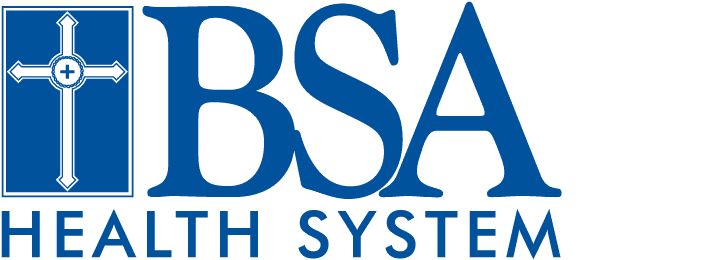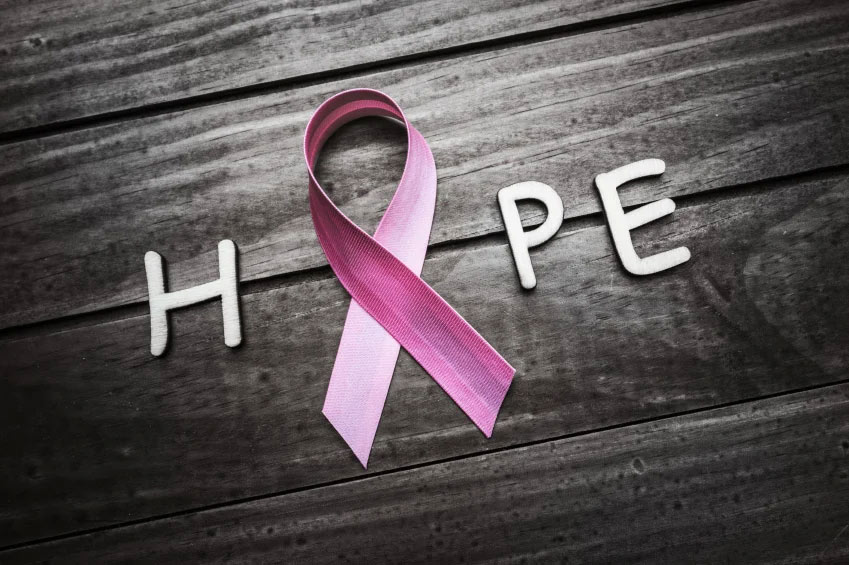Preceded by the words, “You have breast cancer,” comes a call requesting to schedule a follow-up appointment after what appears to be an abnormal mammogram. For patients on the other end of the line, it is the moment their heart sinks and fears and worries go into overdrive. “Most every day someone knows I’m a survivor,” says Brenda Graham, RN, recall nurse at the Harrington Breast Center. Brenda is the person on the other end of the line when the patient needs to come back in for a follow-up appointment or biopsy. She understands exactly how they feel and tries, in those moments, to be a source of comfort and education. “Especially for the young ones. It is a very good feeling to help them.”

Brenda’s breast cancer story begins more than 19 years ago at the age of 37. Her sister had just been diagnosed that year at the age of 49. With no family history, both were stunned to learn of her diagnosis. Brenda mentioned her sister’s breast cancer diagnosis to her doctor, who ordered a mammogram for Brenda to be safe. Younger than recommended age for a first mammogram, Brenda’s gynecologist suggested she have a baseline mammogram at the age of 35. “Something was there,” Brenda says of the second mammogram two years later.
Had it not been for that baseline mammogram, Brenda says, her breast cancer may not have been discovered as early as it was. A biopsy of the solid 1-inch mass revealed she did in fact have breast cancer – infiltrating ductile carcinoma (IDC). The tumor was positioned such that it was not detectable through a clinical or self breast exam. “I was going into surgery and the surgeon said to me, ‘This is the most innocent mammogram I’ve seen,’” Brenda recalls.
Brenda healed from the surgery before beginning six rounds of chemotherapy and 30 radiation treatments. As she lost her hair, she gained a perspective only her cancer patients at BSA would understand. “You go through a lot of ‘I need to get over this – it is just breast cancer,’” she says. “But then you say, ‘I have cancer.’” Taking only one day off from work in between chemotherapy treatments, Brenda says working as a case manager on the cancer floor at BSA at the time brought her an unexpected support system. “They understood what I was going through. I was really tired, but knowing I could help them, really helped me.”

With a five-year-old son at home, Brenda says she did not hide her treatment or recovery from her son. Her young, growing family was her top priority throughout her breast cancer journey. At 18 months after treatment, Brenda wanted to know if it was the right time to think about having another child. “Everything came back negative,” Brenda says of the good news. Then, at the age of 39, she became pregnant with a baby girl. Scarlett Stone will be 17 years old this December.
“It is not a stop sign,” Brenda says of a breast cancer diagnosis. “It is a yield sign or a bump in the road.” At the Harrington Breast Center, Brenda has the opportunity to help other women and men who are going through similar experiences to what she faced when she first heard the words, “you have breast cancer.” This Breast Cancer Awareness Month, Brenda hopes we all stop to realize the impact breast cancer has on lives throughout the year. “October is a very important month, but this happens every day,” she adds. “Get your mammograms and take care of yourselves.”

Breast Screening Guidelines (as recommended by the American Cancer Society)
Mammography:
- Yearly beginning at age 40
Clinical breast exam by a healthcare professional:
- Every three years from 20 to 39 years of age.
- Yearly beginning at age 40
Breast self-exam:
- Beginning in their 20s, women should be aware of how their breasts normally feel and report changes to a health professional.
Breast MRI:
- Women at high risk for breast cancer should get a breast MRI and a mammogram yearly.
Did you know?
All women ages 40 and older are at risk for breast cancer.
Breast Cancer will affect one woman in eight at some point in her lifetime.
Breast cancer can be treated successfully if it is detected early enough.
Mammography can detect breast cancer before a lump can be felt by a woman or her physician.
Women need to follow screening guidelines for age and frequency for screening.
Mammography is a low-risk, quick and painless procedure.
To learn more, please contact Harrington’s High Risk Breast Specialist at (806) 212-0634 or click here for more information.
Pictured Right: Brenda Graham with co-worker Heidi Cranmer at a recent breast cancer fundraiser, Race for the Cure.

